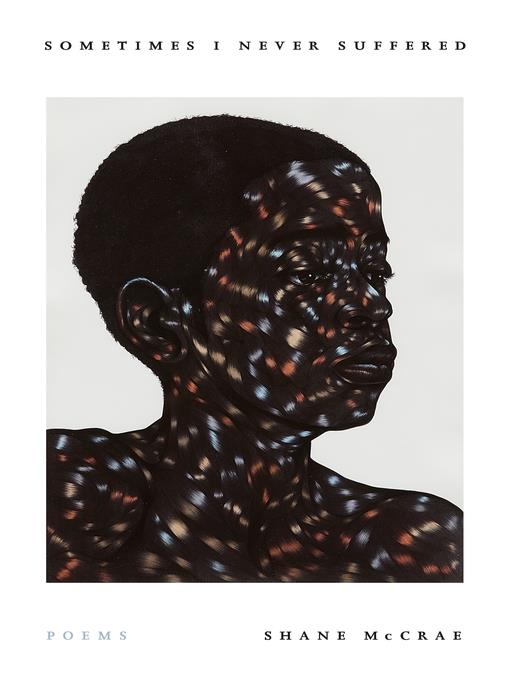
Sometimes I Never Suffered
Poems
- اطلاعات
- نقد و بررسی
- دیدگاه کاربران
نقد و بررسی

Starred review from August 17, 2020
The stunning fifth book from McCrae (The Gilded Auction Block) is steeped in the truths of witness and imagination. In poems that wrestle, doubt, and syntactically and rhythmically double-back on themselves, McCrae writes of such characters as the “Hastily Assembled Angel,” who “was/ Not God and could be wrong.” McCrae’s angel ponders a line that reads “in the midst of life we are in death,” while Jim Limber, a recurring character, states: “I can’t die/ Enough for all the life I see.” These poems see the white world as it chooses not to be seen, and illuminate the contradictions, disappointments, and loneliness that comes with paying true witness. As Limber wonders: “If I’ve earned my reward where is the life where I can spend it.” In these pages, heaven is an “ordinary garden” that has been “set free,” and each poem transcends with feeling, particularity, and honesty. This newest collection continues McCrae’s powerful examination into race, forgiveness, and meaning in America, making it an essential contribution to contemporary poetry.

Starred review from September 1, 2020
In this latest work from National Book Award finalist McCrae (In the Language of My Captor), a hastily assembled angel whose wings comprise blood, emptiness, and sun is shoved from Heaven by his fellow seraphs. Meanwhile, Jim Limber, the biracial adopted son of Jefferson Davis, resists ascending to Heaven until he's lived a happy life: "If I've earned my reward where is the life where I can spend it." Visiting Davis in Hell, Jim admits that he told the Yankees he was proud to be Davis's son (elsewhere observing bitterly, "they think/ They know how I was treated in the south 'cause/ They know how they would treat me if they could"), but he refuses to help the shameless Confederate president. Instead, he continues his epic meditations, bearing witness like the fallen angel to human cruelty and disingenuousness and defining Heaven as all that Black people have been denied: "What if in Heaven we could have white things// And not be white." VERDICT Original in conception and nearly biblical in tone; highly recommended.
Copyright 2020 Library Journal, LLC Used with permission.




دیدگاه کاربران